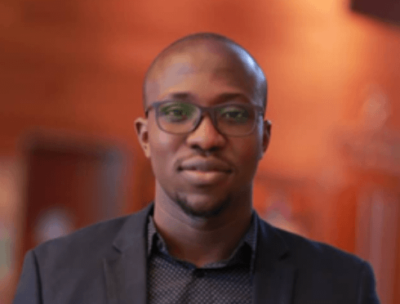Mali
Mali

“Close your eyes for a second,” says Moctar Kané, the 28-year-old GCERF Country Manager for Mali, Sahel and Somalia. “Imagine sitting in a community in Mali, you hear birds singing, you hear the noise of people pounding millet and preparing for lunch. You hear kids running to school. Life is normal. The day is going well.
“And all of a sudden, you just hear the ricocheting sound of an AK47 or a machine gun. In a fraction of a second, your perspective on life has changed.”
This is how Moctar, an Oxford graduate and recently elected Youth Ambassador for the African Union, explains the “existential threat” that hangs over childhood in the parts of Mali that are vulnerable to radicalisation. It is not always a lack of opportunity, or job, or a lost sense of community that drives a person into violent extremism. Sometimes, it is the fear that what a person has or holds dear can quickly be taken away.
“It’s not that they all lack jobs, some want to protect their current means of survival,” he said.
Mali has been gripped with a series of crises in recent years, including a secessionist rebellion and military coup in 2012, a bourgeoning narcotics trade in the country’s north, inter-community violence, banditry, a dysfunctional justice system, and serious organised crimes, among others
“Mali has become a cocktail of instability,” Moctar said. This is why a piece-meal approach to violent extremism is not the answer.
Moctar said the GCERF model of bringing together a range of actors is critical, including both national and local governments, as well as civil society actors. He believes programmes targeting youth are the most important for stemming radicalisation in Mali.
“Youth are the ones fighting the battles. They provide the manpower, take all the risks, and do the fighting,” he said. “People like to think that the youth are the future but this skips an essential step – they are the present and it’s not the leaders of extremist groups taking arms and fighting. No, it’s the kids who have been marginalised, who have been dispossessed, and found themselves in deprived situations and with no hope.”
That is what motivates his work for GCERF. Moctar wants to prevent children from living through violence because “it rewires how you see the world at an age when all you need is love and care”.
Moctar has been struck by the level of detail in proposals submitted to GCERF for the upcoming round of activities due to start in Mali this year and is optimistic about the change they can bring.
“It just takes one person to believe and the sequence will kick start,” he said.
